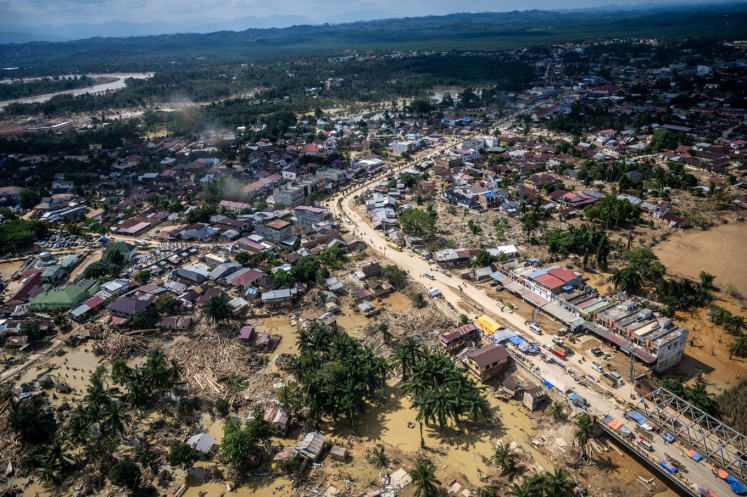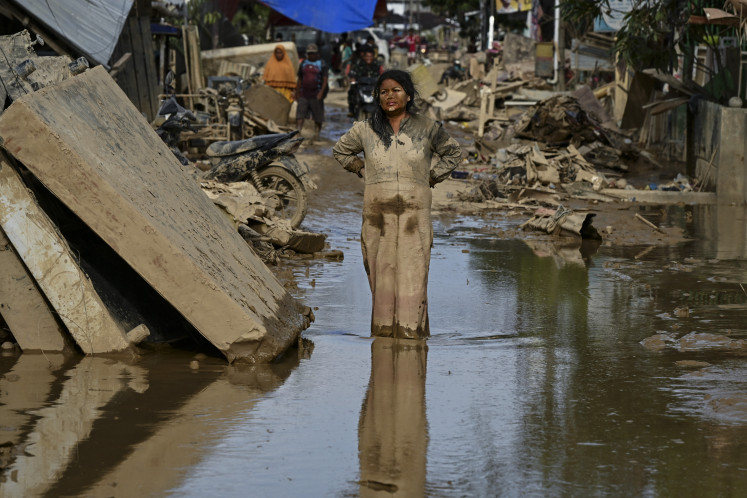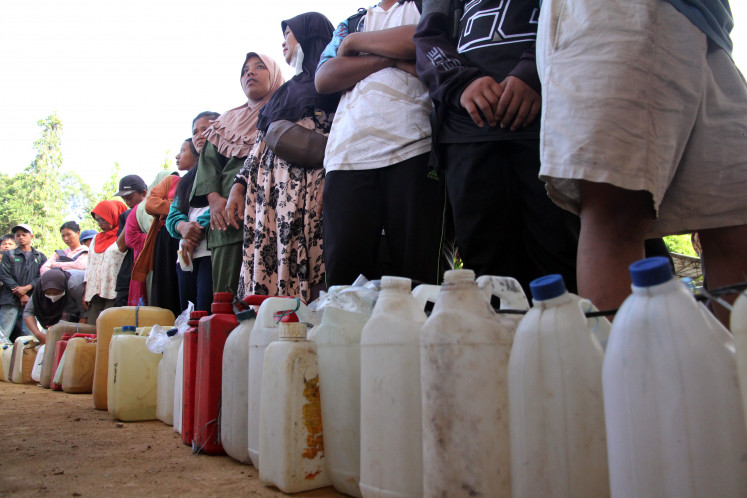Popular Reads
Top Results
Can't find what you're looking for?
View all search resultsPopular Reads
Top Results
Can't find what you're looking for?
View all search resultsAntiterrorism bill threatens law enforcement system
Unfortunately, the revision bill that is currently tabled at the House of Representatives contains some serious shortcomings that could potentially jeopardize the country’s protection of human rights and its criminal justice system. One of the main problems in the bill is the plan to provide a more active military role in fighting terrorism.
Change text size
Gift Premium Articles
to Anyone
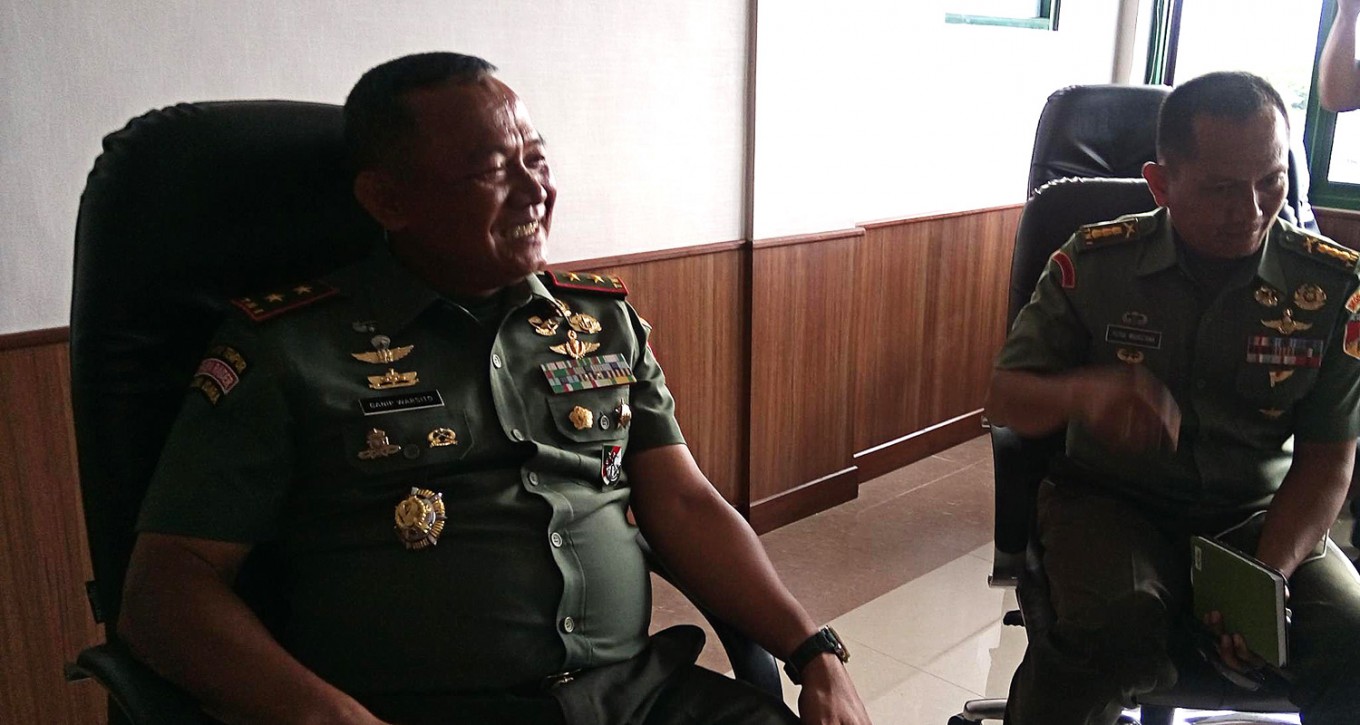 Against terrorism -- Maj.Gen.Ganip Warsito, commander of the Military Area Command (Kodam) XIII/Merdeka in Manado, North Sulawesi, explains progress of the Operation Tinombala to pursue remnants of the East Indonesia Mujahidin (MIT) terror group to journalists in Manado, North Sulawesi, on Wednesday. (JP/Lita Aruperes)
Against terrorism -- Maj.Gen.Ganip Warsito, commander of the Military Area Command (Kodam) XIII/Merdeka in Manado, North Sulawesi, explains progress of the Operation Tinombala to pursue remnants of the East Indonesia Mujahidin (MIT) terror group to journalists in Manado, North Sulawesi, on Wednesday. (JP/Lita Aruperes)
T
he revision of Antiterrorism Law No. 15/2003, which deals with prevention, prosecution and post-incident response, has pushed for a few significant changes in the existing law so as to help the state fulfill its responsibility to protect the people from acts of terrorism.
Nevertheless, such obligations cannot justify the establishment of a political security regime that could threaten human rights and democracy.
Counterterrorism policies should therefore be formulated within the order of a democratic state, rule of law and human rights standards and norms. To that end, building equilibrium between the state’s obligation to ensure safety and to protect human rights is a must so as to avoid potential abuse of power.
Unfortunately, the revision bill that is currently tabled at the House of Representatives contains some serious shortcomings that could potentially jeopardize the country’s protection of human rights and its criminal justice system. One of the main problems in the bill is the plan to provide a more active military role in fighting terrorism.
Principally, in a democracy, the main duty of the military is to be prepared for war. Military personnel are recruited, trained and armed to perform their main function, which is to face foreign military threats. This is the raison d’etre of the military (Samuel Huntington, 1993).
Although the military’s main duty is to face the threat of war, to a certain degree, civil authorities can involve the military in Military Operations Other Than War (MOOTW).
Even so, under MOOTW, especially in dealing with domestic security, the military’s role should be reduced to temporarily assisting law enforcement, serving as the last resort and only in a state of emergency, and be subject to a political decision by the civilian government.
The Indonesian Military (TNI) is no exception. TNI Law No. 34/2004 allows it to carry out military operations of war and military operations other than war. In this context, the efforts to fight terrorism are part of military operations other than war.
Through MOOTW, military involvement in tackling terrorism is only possible under certain circumstances: when it is threatening the sovereignty of the country, and it should be based on a state political decision. This means TNI involvement in the fight against terrorism is already regulated under the TNI Law and should not be duplicated in the draft revision bill of the Antiterrorism Law.
The deployment of the military through the law enforcement corridor will adversely affect the country’s criminal justice system. Involving the military in combating terrorism (Article 43B) is a transgression, incorrect and off-target.
Such a shift in approach is dangerous and potentially catastrophic as it will lead to a much more repressive and excessive way of countering terrorism.
The involvement of non-law enforcement authorities in addressing the threat of terrorism will undermine the rule of law.
Moreover, such pernicious involvement, unaccompanied by military obligation to abide by the general judiciary system, would cause serious problems in the accountability of its operations.
The military is not a law enforcement agency; it is a tool for national defense and therefore does not fall under the Antiterrorism Law. It would be injudicious for policymakers to authorize a non-judicial authority (military) to become involved in law enforcement.
The act of terrorism is a crime, therefore it should be addressed through law enforcement with regard and respect for the rule of law and protection of human rights.
The current criminal justice system to handle terrorism is already apt and correct. What we really need when amending the Anti-terrorism Law is to ensure the principle of human rights is guaranteed and reinforced in our counterterrorism measures.
Revocation of the citizenship of alleged terrorists, as stipulated in the draft revision of the Antiterrorism Law, presents another problem.
Citizenship is a constitutional right for citizens. The right to citizenship is as precious as the right to life and liberty. Revocation of citizenship is a punishment with concrete and fundamental implications resulting in the loss of elemental rights, including the right to property, the right to form a family and descendants, the right to survival, growth and development, the right to protection against discrimination, as well as the right to cultural identity and the rights of indigenous people.
Besides, Indonesia adheres to the principle of single citizenship and therefore revoking citizenship will result in statelessness. An individual who is stripped of their citizenship will no longer have access to protection or assistance from the state and is consequently vulnerable to human rights abuses.
The government and the House should make human rights principles the basis for amending the Antiterrorism Law. The principles of international and national human rights laws should therefore be thoroughly considered in doing so. As a consequence, such amendments should remove the death penalty and replace it with life imprisonment.
The Constitution places the right to life as a non-derogable right.
Indonesia has also ratified the International Covenant on Civil and Political Rights (ICCPR) and claims to uphold human rights principles embodied in Law No. 39/1999 on human rights.
Departing from the principle of human rights, the draft revision of the Anti-terrorism Law extends the period of arrest and detention for suspected terrorists without an objective control mechanism. This practice will lead to abuse of power.
On a more extreme matter, the provision on deradicalization, in which state officials are authorized to arrest and place suspicious people in certain places for a period of six months without trial for the purpose of deradicalization essentially justifies arbitrary arrests.
This arrangement is extremely dangerous to the protection of human rights as this mechanism clearly violates the principle of due process of law and is a violation of human rights’ norms.
In addition, the draft revision of the Anti-terrorism Law does not comprehensively address hate speech as a threat to freedom of opinion and expression.
The state has an obligation to regulate hate speech, but it should be devised carefully, comprehensively and be clearly defined, or else it will undermine freedom of opinion and expression and lead to arbitrary arrests and other violations of fundamental rights.
Maintaining a balance between, on the one hand, the need of the state to ensure the safety of the people and, on the other hand, their rights is indeed a difficult task.
But that is not an excuse to defend the one at the expense of the other. If — and only if — we have the political will and proper approach, we can reach such equilibrium.
---------------
We are looking for information, opinions, and in-depth analysis from experts or scholars in a variety of fields. We choose articles based on facts or opinions about general news, as well as quality analysis and commentary about Indonesia or international events. Send your piece to community@jakpost.com. For more information click here.



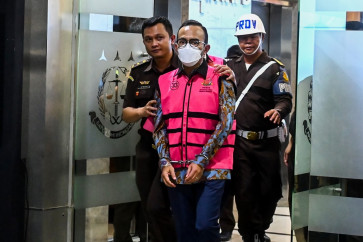
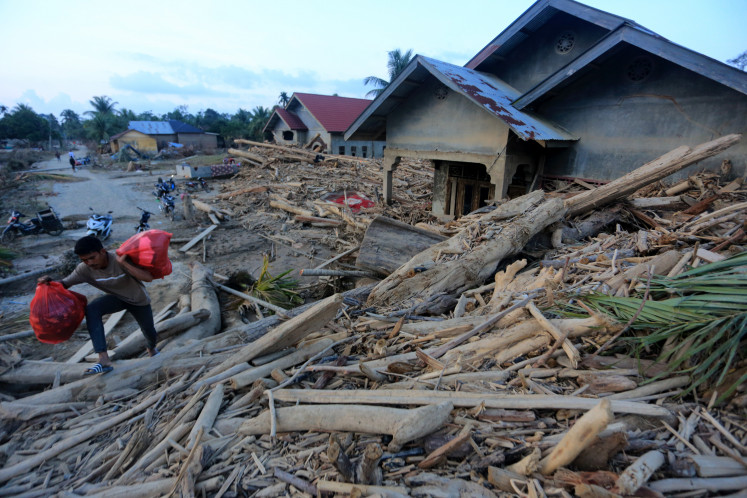
![Volunteers ready packages of relief aid for flood-affected areas on [DATE], at the Sidoarjo Disaster Mitigation Agency in East Java.](https://img.jakpost.net/c/2025/12/06/2025_12_06_169905_1764954727._medium.jpg)
